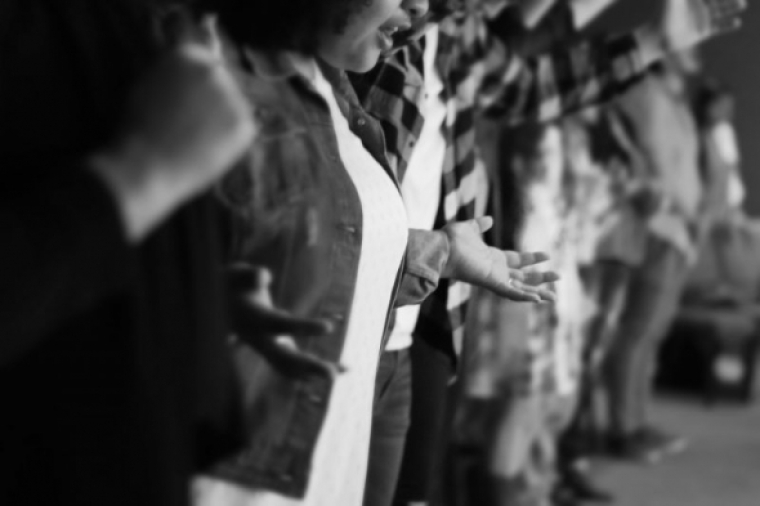Religious Male Students Less Sexually Aggressive, Coercive, Study Finds

Frequent participation in religious activities protects college men from engaging in sexually aggressive and coercive behaviors, according to new research.
A survey of 795 men at a large public university, published in the Journal for the Scientific Study of Religion, has found that religiosity has a bearing on peer norms, pornography consumption, and promiscuity, and thereby also on sexual aggression and sexually coercive behavior, PsyPost, a psychology and neuroscience news website, reported.
College men who say they participate in religious activities more often are less likely to say their friends approve of forcing a woman to have sex. They are also less likely to view sexually explicit material and tend to have a lower number of sexual partners, the research shows.
Religiosity also reduces alcohol consumption, a strong predictor of sexual aggression, explained the study, "Religiosity Reduces Sexual Aggression and Coercion in a Longitudinal Cohort of College Men: Mediating Roles of Peer Norms, Promiscuity, and Pornography."
Study co-author Timothy Hagen of Epoka University in Albania stressed that religiosity has an "indirect" effect on sexual aggression and technology-based sexually coercive behavior by "reducing associations with peers who approve of sexual aggression and by reducing promiscuity."
Hagen continued, "While it may seem that we should recommend college men and those around them to participate in religious activities in order to prevent sexual aggression and technology-based coercive behavior ... we did not find a direct, significant pathway from religiosity to reduced sexual aggression or technology-based coercive behavior."
However, he added, "Our findings would suggest that colleges and policy-makers be open to allowing students to participate in religious groups and activities, as hostility to such groups may be counter-productive to reducing sexual violence on campuses," Hagen said. "Creating spaces for evidence-based discussions on the role of religiosity in protecting against sexual aggression and technology-based coercive behavior might be something colleges wish to explore."
Hagen concluded that he hopes the research would eventually "contribute to the safety and well-being of men and women on college campuses around the world."
The two other study authors are Martie P. Thompson, and Janelle Williams.
Earlier this year, a study, "Who Cheats More? The Demographics of Infidelity in America," found that adults who didn't grow up in intact families, and those who rarely or never attend religious services are more likely than others to have cheated on their spouse.
Read more about religious activities on The Christian Post.